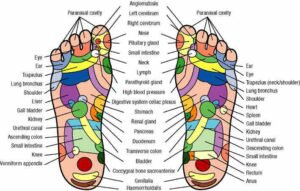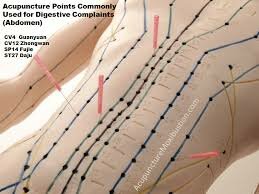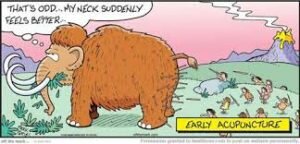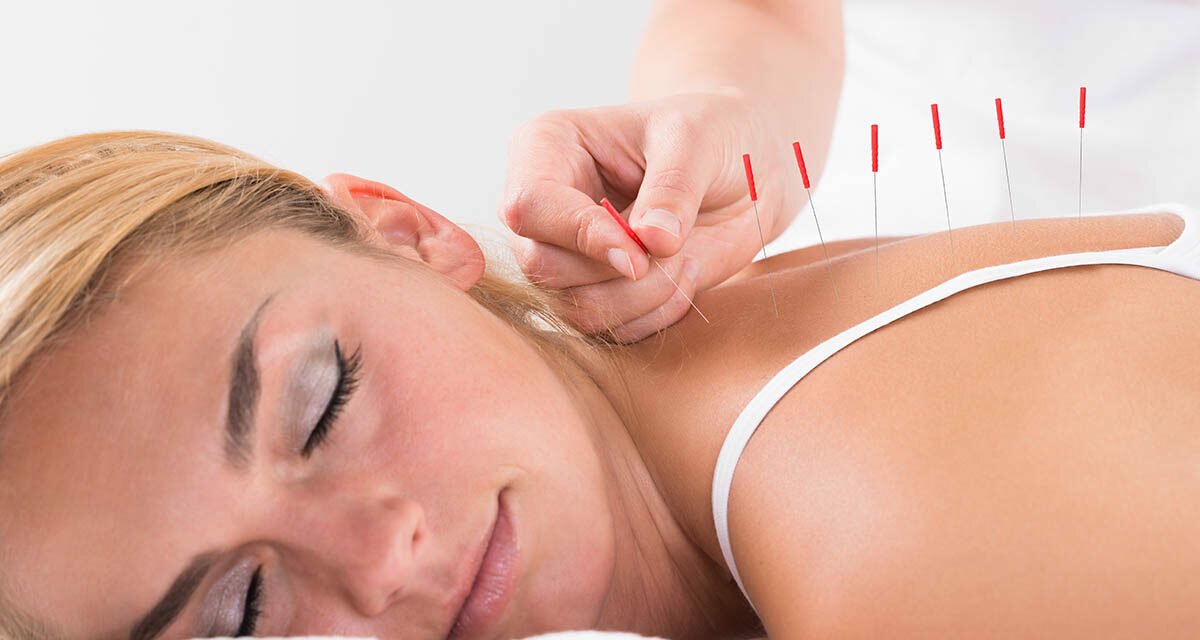What happens when you get acupuncture? When you come in for treatment of muscular pain, immune dysfunction, fatigue or other ailment, some additional benefits can be better sleep and improved digestion, as acupuncture taps into the body’s own healing mechanisms. There are many variables on how a person will respond; one person may feel better in a few hours, while the next person may need three or four acupuncture sessions to notice significant pain relief. Further, each session builds on the next, which means the effects are cumulative.

A common understanding in the West is that acupuncture works by way of a biological energy field called Qi. Qi has a few definitions and one of them -used most widely in the attempt to explain how acupuncture works- is energy. As we know, energy is in everything, and at a quantum level we are ALL ENERGY. . . This is NOT WHY acupuncture works. It can be observed that this ‘field’ is grounded in physical components. With increasing evidence of its clinical effects and the current understanding of anatomy and physiology, there is no doubt acupuncture needles stimulate a chemical response in the body.
 These processes start in the connective tissue where the needle is inserted. Every square inch of you is alive. Specific connective tissue, called fascia, surrounds muscle fibers, groups of muscles, blood vessels, and nerves as it extends uninterrupted from the head to the tips of your toes. This fascia is responsive to needles and has been shown to wind around an acupuncture needle, stimulating a stretch response.
These processes start in the connective tissue where the needle is inserted. Every square inch of you is alive. Specific connective tissue, called fascia, surrounds muscle fibers, groups of muscles, blood vessels, and nerves as it extends uninterrupted from the head to the tips of your toes. This fascia is responsive to needles and has been shown to wind around an acupuncture needle, stimulating a stretch response.
Essentially, this microscopic stretch pushes certain buttons in the body. Immune cells, called fibroblasts, signal nerve cells which then activates the movement of chemicals and hormones. Depending on what needs to be regulated, the signal will relax a structure or release hormones and chemicals.
The World Health Organization (WHO) and the National Institute of Health (NIH) have performed clinical studies on the effects of acupuncture and have developed the following 5 theories of how it works, in modern scientific terms.
Brain Chemical Balance: Acupuncture affects higher brain areas, by way of sensory neurons, stimulating the secretion of endorphins in the brain and spinal cord.
Autonomic Nervous System Theory: Acupuncture stimulates the release of natural opioids, which normalizes the autonomic nervous system and reduces pain.
Gate Control Theory: Acupuncture activates receptors that stop the pain cycle.
Vascular-Interstitial Theory: Acupuncture affects the electrical system by creating or enhancing transportation circuits in tissues which speeds up healing.
Blood Chemistry Theory: Acupuncture affects the triglycerides, cholesterol and phospholipids suggesting that it can regulate the blood components, thereby regulating the body towards homeostasis.
Acupuncture has a direct effect on the central nervous system, enabling our own chemicals to get us out of the stressful and inflammatory state of “fight or flight” and into rest and digest. Acupuncture commonly induces a sense of peace and energy similar to that of meditation, as it turns on the miracle of the body’s own mechanisms.











Recent Comments